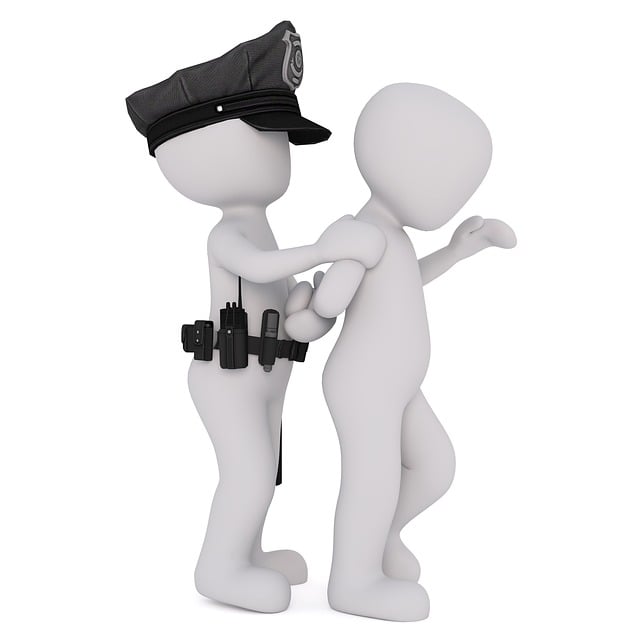There are few phrases that instill fear and anxiety in someone like “You have the right to remain silent…”. It’s the first line of what is known as the Miranda Rights and police are obligated to inform every arrestee of them. But, what are they? What do they mean? Below is a brief description of your Miranda Rights and why they’re important.
History of Your Miranda Rights
In 1966, Ernesto Miranda was arrested in Arizona for stealing $8.00 from a bank teller. Ernesto was questioned for a few hours after his arrest, and during the questioning Ernesto answered all of the police questions, not only incriminating himself for the alleged $8.00 theft, but for the crimes of kidnapping and rape, too. However, since Ernesto was never notified that he could remain silent and that what he said to police could (and would) be used against him in court, the Supreme Court ruled that his confessions could not be used as evidence against him. The Supreme Court case was named Miranda vs. Arizona and, after the ruling, the rights police needed to inform the public of at the time of arrest became known as the Miranda Rights.
What Miranda Rights Mean
Your Miranda Rights state: “You have the right to remain silent, anything you say can and will be used against you in a court of law. You have the right to an attorney. If you cannot afford an attorney, one will be provided for you.”
This essentially means that you are not obligated to talk to the police. If you do, and you incriminate yourself, they’ll use that info against you in court. Also, if you want a lawyer but can’t afford one, they will get you one.
In some cases where police fail to provide a suspect with their Miranda Rights at the time of arrest, their failure to do so can have an effect on the outcome of the case. However, it does not necessarily mean that the arrestee isn’t going to be charged with a crime, nor that their case is going to go away. It just means that some information obtained by police, from you, may not be admissible in court.








Leave A Comment